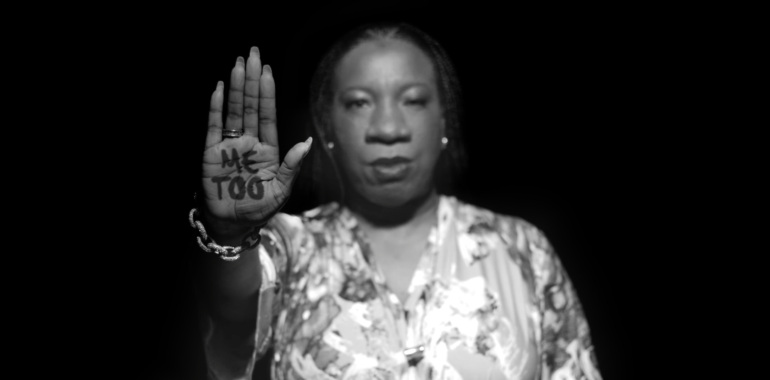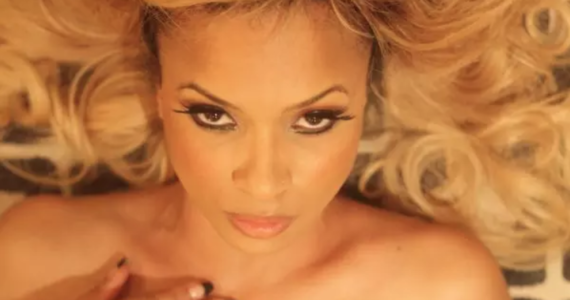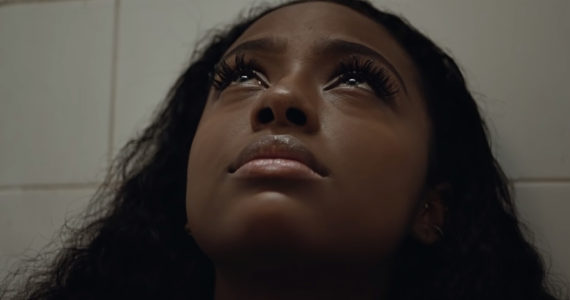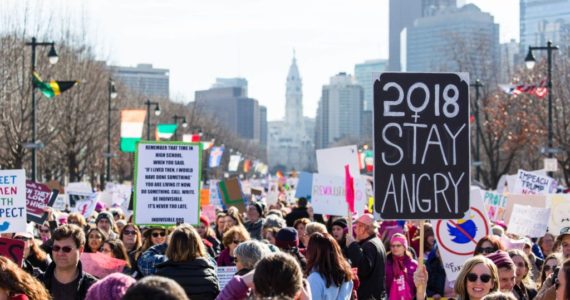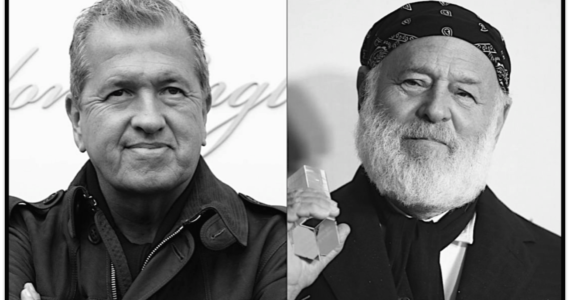#MeToo founder, Tarana Burke, plans to work with show writers to change how sexual abuse and assault is shown on Television.
Tarana Burke went into detail about this idea on her NY Times profile on published online on October 15th. Burke, who originally started #MeToo on Myspace, yes Myspace, has watched the movement pickup steam over the last two years. Although she believes it may have lost a little direction, Burke is still actively working to help survivors by both promoting community and presenting opportunities to heal.
Burke detailed her plan to keep #MeToo’s mission: “to connect survivors of sexual assault to the resources they need in order to heal” during her sit down with the New York Times. She discussed her new site will give both advocacy and healing resources for survivors. She also discussed portraying the narrative in the correct light, part of which encompasses the way it is portrayed through television. Burke insists that getting in writers’ rooms is the key to keeping #MeToo true to its roots stating:
“Before it gets to be such a catchall phrase that they dilute its meaning, that we help people understand the gravity behind the words and that it’s not just used as, “Oh, look who got Me Too’d, ha-ha,” like a punch line. “
There is certainly truth to Burke’s statement. Controlling the narrative can both ease some of the trauma of survivors and potentially encourage those who may be fearful of stepping forward to do so. Burke is insistent that both of these points matter as she has had countless encounters with black women in Hollywood who are afraid to step forward because their narratives are ignored or don’t exist at all.
Media and words do matter and if the Kavanaugh hearing taught us anything it’s that narrative matters. Burke talks exclusively about the lack of black female narratives about sexual assault and sexual abuse. She states that in 2005/2006, when she was starting the movement, Gabrielle Union was one of the only black women who was open about their assault. The lack of black female narratives is troubling as it makes it harder to move past trauma and start healing.
Burke hopes that by working with (tv) writers, she will not only open the space to encourage women to step forward but to start the healing process as well. She thinks it is time to focus not just on retelling narratives but on helping survivors cope and most importantly start their healing.
In an era where #MeToo has become a catchphrase for trauma, Burke’s next steps may be instrumental in shifting the movement to one of healing instead of merely telling and retelling traumatizing stories.
Follow on Instagram, Twitter, Facebook, and Pinterest @MEFeater!
Subscribe to our mailing list


